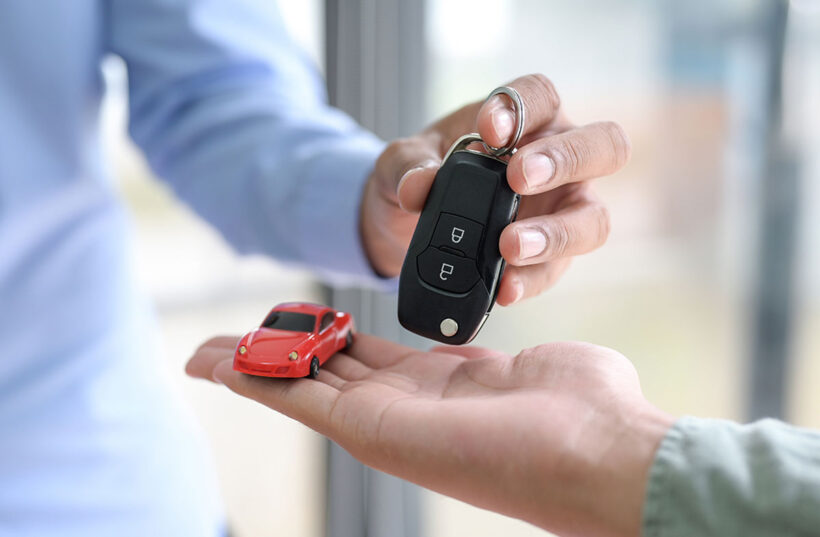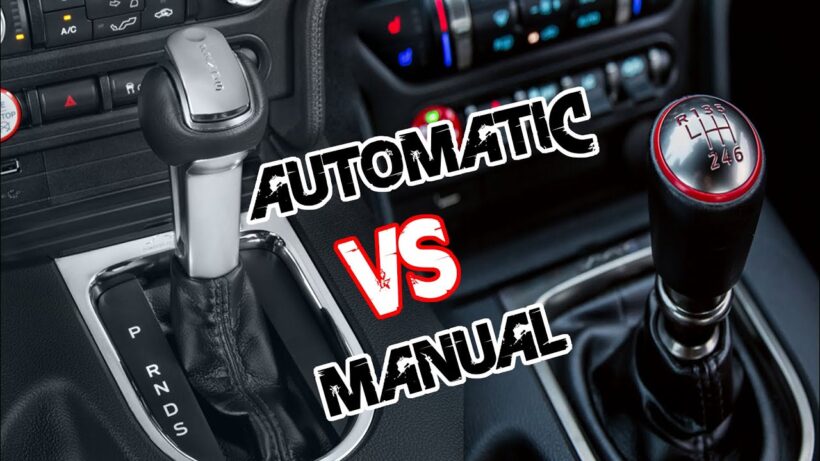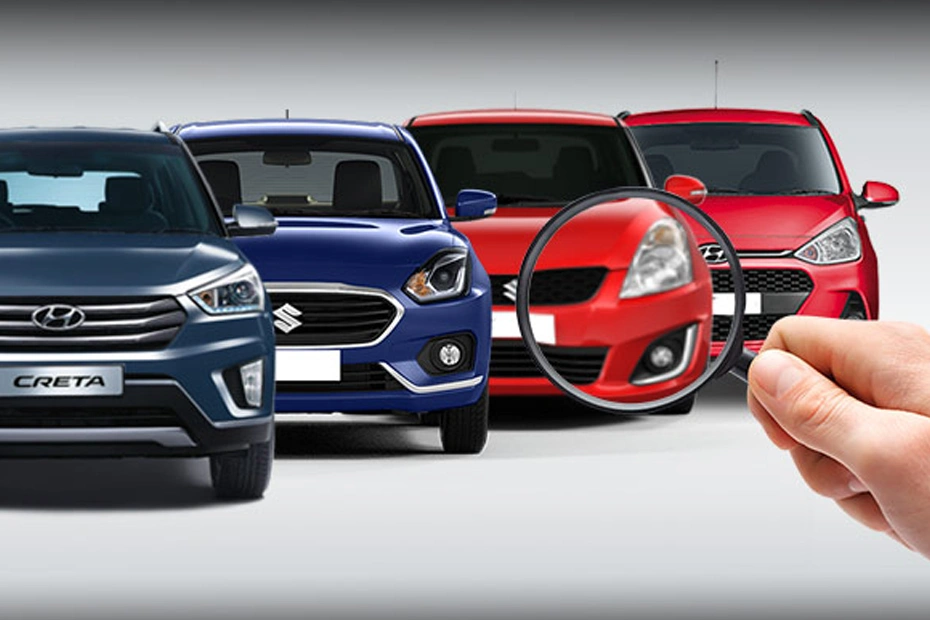In the past, cars were only available to the rich. Only a few people could afford to buy a car, though many more wished they could own one. Nevertheless, this has changed, and we see more car companies competing for customers now than ever.
In turn, this has led to lower pricing for various car brands. Cars have, therefore, become a must-have accessory for today’s growing middle class with more disposable income.
For this reason, you need to arm yourself with as much knowledge as possible about the automobiles you’re considering, your spending limit, and the potential trade-in value you can get. With this information, you stand a better chance of striking great purchase deals.
The following are seven pointers to keep in mind when buying a car.
1. Brands, Models, and Use

The pets you keep at home can affect the car you buy. Yes! Pets influence car choices, and here’s a poll to prove it. Love for certain breeds of animals can, therefore, affect how a person makes a car purchase decision. So, don’t laugh at your neighbors’ car preferences; it could be a show of their love for their pet.
Which Car Do You Want?
Is it a Sports car? Or a family-sized car?
Determine your priorities when deciding on a car. Features like mileage, safety, type of transmission, and a brand-new or slightly-used car should also guide your decision. Additionally, consider how you’ll be utilizing the car, whether for towing, camping, commuting, or personal transport. The best car for road trips or running errands may differ from what’s good for a family car.
Automatic vs. Manual Transmission

Automatic automobiles are trendy in today’s car market. Again, driving for long distances and high traffic make automatic cars ideal. However, automatic vehicles are more expensive and fuel inefficient. So, make this consideration before settling on a car to buy.
New Or Used Cars
Before settling on a car to buy, you need to decide on the best one for you. You can buy a brand new car or a slightly used one. The final choice rests on the purpose, the urgency, and finally, your budget. When buying a car from an individual, though, ensure you buy from a reputable seller. You can always check the seller’s real identity on Nuwber before engaging in any business deals.
2. Budget and Financing
Consider your budget and payment method before testing autos. What’s the interest rate? Is there a down payment saved? Like everything else, a budget is essential. Cars are expensive assets; therefore, you need a friendly payment plan. Choosing a costly automobile may come with high repair expenses. So, consider even the lifetime costs of buying the car.
Extra Costs
A vehicle’s final purchase cost is always more than its asking price. Consider dealership fees, tax, registration, and any other extra costs. Take advantage of the car payment calculator to estimate recurring monthly costs. Having a set price for buying a car at the dealership may prevent you from overspending.
Payments
There are several financing options, but the terms vary. Other financiers may require a downpayment and paperwork. Therefore, examine your options before purchasing.
3. Investigate Vehicle Records

The CARFAX record, or vehicle history report, is a must-have when shopping for a pre-owned vehicle. You want to ensure you’re not obtaining a stolen car or one involved in a major accident. Many websites, like CARFAX, provide comprehensive reports on a vehicle’s previous ownership history, service records, and any damages the vehicle has incurred.
Even if the car looks immaculate, shiny, and virtually brand new, it can be hiding a slew of issues from the inside out. It’s never a good idea to buy a car based solely on its appearance. Instead, research into the vehicle’s past.
4. Service and Parts
When purchasing an automobile, particularly a second-hand ride, this is a critical consideration. In fact, the manufacturer may have no presence in your country. The cost of maintaining a vehicle lies heavily on the availability of maintenance and replacement components.
In most countries, readily available replacement parts at most service centers and garages have allowed Toyota and other common brands to thrive. Service and replacement components for most high-end luxury brands like Mercedes come straight from the manufacturers. In case of an emergency, this can cause unnecessary delays.
5. Find out how much your automobile is worth as a trade-in
Do your research on the resale value of your vehicle rather than relying on your car dealer.
Take a look at Kelley Blue Book to see how much your vehicle is worth. To increase the value of your vehicle, you may have to make minor cosmetic improvements yourself. Negotiate with a dealership after knowing your car’s trade-in value.
You can sell the car yourself if you have the patience and the time. As a result, you get more money from the sale.
6. Find Cheaper and Better Insurance Options

It’s possible to overpay for insurance if you don’t have the time to do more research. Obtain insurance once you’ve reviewed several viable options.
In the United States, used-car purchasers need to show evidence of insurance before purchasing a vehicle. It’s not smart to wait until the last moment to look for insurance. New automobile insurance rates are based mostly on make and model. You can use the car’s VIN to get quotes from several insurance providers.
Consider combining your car, house, and rental property insurance to save money. Be sure to make a cost comparison on the available car insurance covers. This way, you can get the best value for your money.
7. Take a Test Drive and Inspect it Thoroughly
Few individuals overlook the need to inspect automobiles before buying. Have your mechanic examine the vehicle before purchase; it’s critical. Don’t only focus on the physical appearance of the engine and chassis; let a technician look at the vitals and do several tests.
Don’t worry about coughing out some cash for the inspection because it might save you more. You can also request to share this expense with the seller. Besides, if the mechanic identifies a fault with the automobile that the dealership or seller didn’t mention, you can negotiate for a lesser price.
Test! Test! Test!

Most used-car purchasers never do a test drive. However, first-time automobile purchasers average seven test drives.
Have you ever considered why there are so many second and third-hand car owners? You risk regrets if you don’t inspect what you’re buying. Test drives prevent buyer’s remorse and ensure optimal vehicle operation.
Conclusion
No car owner can deny that buying a vehicle comes with a few challenges. However, the process is also more interesting if you follow the tips outlined above. Even a second-hand automobile should deliver you value for your money as much as a brand-new vehicle. So, now you know what to do the next time you go car shopping.

